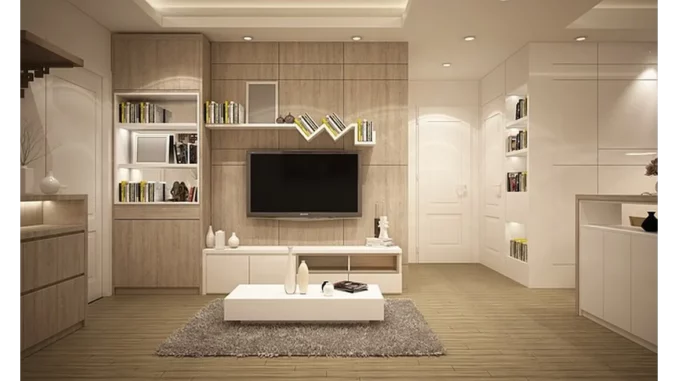
Embarking on a Career in Interior Decorating: A Comprehensive Guide
Interior decorating is a dynamic and rewarding career that marries creativity with practicality to transform spaces into aesthetically pleasing environments. Whether your passion lies in home decor or the design of functional spaces, a career as an interior decorator promises fulfilment and artistic satisfaction. This guide offers a structured approach to help you navigate the journey to becoming a successful interior decorator.
The Essence of an Interior Decorator’s Role
At its core, interior decorating focuses on enhancing the aesthetics of a space through the careful selection of furnishings, colour schemes, lighting, and accessories. Unlike interior designers, decorators do not alter the structural aspects of a space; their primary goal is to elevate the visual appeal and functionality of a room, ensuring it resonates with the client’s vision.
Essential Skills for Aspiring Interior Decorators
-
Creativity and Artistic Vision: A discerning eye for detail and a robust sense of aesthetics are paramount. You must be adept at visualising how different elements will coalesce to create a harmonious look.
-
Effective Communication: Clear and effective communication with clients is crucial to understanding their needs and preferences. Articulating your ideas with clarity is equally important.
-
Time Management: Decorating projects often come with stringent deadlines. Efficient time management is essential to ensure timely project completion.
-
Budgeting Acumen: Proficiency in working within a budget is vital. This encompasses sourcing materials and furnishings that align with the client’s financial constraints.
-
Current Design Trends Knowledge: Staying abreast of the latest trends in interior design is imperative to offer fresh and contemporary solutions to clients.
Steps to Becoming a Proficient Interior Decorator
1. Pursue Relevant Education
While a formal education is not compulsory, a background in interior design or a related field is advantageous. Consider enrolling in courses that cover:
– Colour theory
– Space planning
– Furniture design
– Lighting techniques
– History of interior design
Many community colleges and online platforms offer certificate programmes in interior decorating.
2. Develop a Robust Portfolio
A well-curated portfolio exhibits your skills and creativity to potential clients and employers. Begin by decorating your own home or providing complimentary services to friends and family. Capture high-quality photographs of your work and compile them into a professional portfolio, including:
– Before and after photos
– Mood boards
– Sketches and floor plans
3. Acquire Hands-On Experience
Practical experience is invaluable. Seek internships or entry-level positions with interior design firms, furniture stores, or home decor companies. This hands-on experience will deepen your understanding of the industry and help you build a professional network.
4. Obtain Professional Certification
While not always mandatory, certification can enhance your credibility. Organisations such as the Interior Design Society (IDS) offer certification programmes that distinguish you from the competition.
5. Craft a Business Plan
If you aspire to work independently, a solid business plan is essential. This should encompass:
– Business name and branding
– Services offered
– Pricing structure
– Marketing strategy
– Financial projections
6. Network and Market Your Services
Building a network of industry contacts can lead to referrals and new opportunities. Attend industry events, join professional associations, and engage with online communities. Moreover, establish a strong online presence through a professional website and social media platforms.
7. Stay Current with Trends
The realm of interior decorating is perpetually evolving. Subscribe to design magazines, follow influential decorators on social media, and attend workshops to remain informed about the latest trends and techniques.
Navigating Challenges and Embracing Rewards
Challenges:
– Meeting client expectations can be demanding.
– Managing tight budgets and timelines.
– Staying competitive in a saturated market.
Rewards:
– The satisfaction of transforming spaces and bringing clients’ visions to life.
– Creative freedom and the opportunity to express your artistic vision.
– Potential for a lucrative career, particularly with a strong portfolio and reputation.
Becoming an interior decorator necessitates a blend of creativity, practical skills, and business acumen. By following these steps, you can forge a successful career in this vibrant field. Remember, the key to success lies in continuous learning and adapting to the ever-changing trends in interior decorating.


Be the first to comment